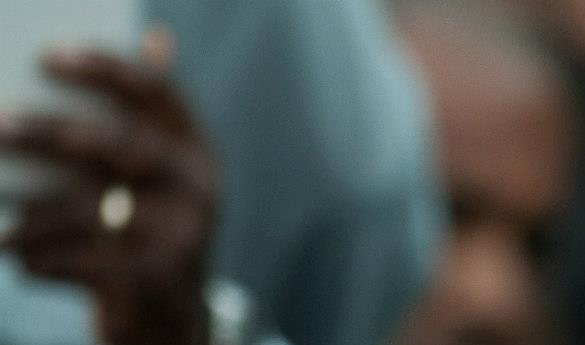Panelists discuss the future of President Obama's second term
When President Barack Obama won the 2012 presidential election, the reaction on George Mason University’s campus ranged from exhilaration to disappointment. On Wednesday, Feb. 28, a panel convened at Mason Hall to discuss exactly what Obama’s second term victory means for the future of the nation.
The panel was moderated by Kathleen deLaski, a 13-year veteran of television journalism and former chief spokeswoman for the Pentagon. The panelists were William Schneider, former CNN senior political analyst and a professor at Mason’s School of Public Policy; Karen DeYoung, a Pulitzer Prize winning journalist and associate editor of the Washington Post; and Ran Halévi, a French historian.
Schneider focused on the new generation of voting Americans and how they have begun to change the political landscape.
“Obama has brought together a new coalition, much like Roosevelt’s. It’s working and single women… it’s African Americans… it’s Latinos and Asian Americans," Schneider said. "It includes gays, it includes young people, Jewish groups… and the un-churched (the 20% of Americans with no religious denomination). These are the new Americans, and they see government as a force that defends their values. It’s a growing majority.”
Schneider contended that Obama's power base is more stable and more likely to weather the looming crisis than the Republicans.
“Who have Republicans got to take on Obama?” Schneider asked. Schneider also contended that the opposition does not have the necessary direction to go against this new group of voters: “All their leaders are either unknown or tainted by the reputation of Congress.”
DeYoung and Halévi were both less optimistic about Obama's new term. They regarded him as a president that acts very warily, which is both his greatest strength and his greatest weakness.
“President Obama is a very cautious president in terms of foreign policy,” DeYoung said, pointing to Obama’s new choice of advisors as an example. “They’re new leaders chosen because they won’t make waves and will fall in line with the administration.”
DeYoung continued on to say that much of this is due to the example set by the previous administration’s failings. She emphasized that the failings in Iraq and Afghanistan have kept Obama wary of committing military resources abroad, particularly in Syria.
“People are irate that we could even consider working in Syria with the sequestration at home,” DeYoung said. “People are tired of foreign policy; they’re tired of the wars.”
Halévi spoke about how, while America is struggling with increasing division, France has fought with this conflict for years.
“There is a defining feature of French and American democracy,” Halévi said, “Polarization. France, unlike America, has been polarized since there’s been a democracy.”
Halévi spoke about how the socialist and conservative parties in France battled for years and, in the process, failed to fully capture the votes of the workers and other groups they sought. Sadly, Halévi argued, it is becoming apparent that the same process is unfolding in America.
“The spirit of bipartisanship in the U.S. has vanished,” Halévi explained. “That has emerged, not from the left, but the right. There is something very interesting in this ‘Tea Party,' that they hold the Republican Party hostage not only from inside the party but from outside the political system.”
The Democratic Party, however, does not deal with this internal strife to the same degree, largely because they have already dealt with factionalism within their party.
“Obama doesn’t deal with the same division. In the 1980’s, the more radical elements of the [Democratic National Committee] were tamed.”
When asked how the French feel about Obama, Halévi responded that there is a distinctive sympathy toward the president but a sense of disenchantment toward the administration. He said that this was very clear in the administration's handling of the crisis in Syria:
“Obama was too prudent in Syria. If we’d become involved in Syria earlier, you wouldn’t see the influence of al-Qaida there today.”
Schneider responded that the United States has carried too much of the world’s problems on its own over the past century.
“After World War II, we realized that if America won’t do something, nothing happens,” Schneider said. “If America didn’t act in Kuwait, Saddam would have overrun them. We waited for eight years for Europe to do something in Serbia and Kosovo, and in that time we saw genocide and mass human rights violations. Even in Libya, it took a driving U.S. initiative for anything to occur.”
The panelists addressed speculation that Obama’s administration would take a different stance on Israel in his second term. But Schneider said that, despite the rhetoric, there is very little that can be done in regard to the Palestinian-Israeli Conflict.
“There are three solutions,” he said, “a one-state solution, which would lead to a non-democratic government and is unworkable. There is a two-state solution, which would result in a terrorist state on Israel’s borders consisting of Hamas and Hezbollah returnees and is unworkable. And then there is a continuation of the status quo, which is what Israel favors, which is also unworkable.”
The next four years, they decided, will likely see more polarization and more focus on domestic issues over international ones. The panel concluded that Obama’s second administration would not be a significant departure from the first.

